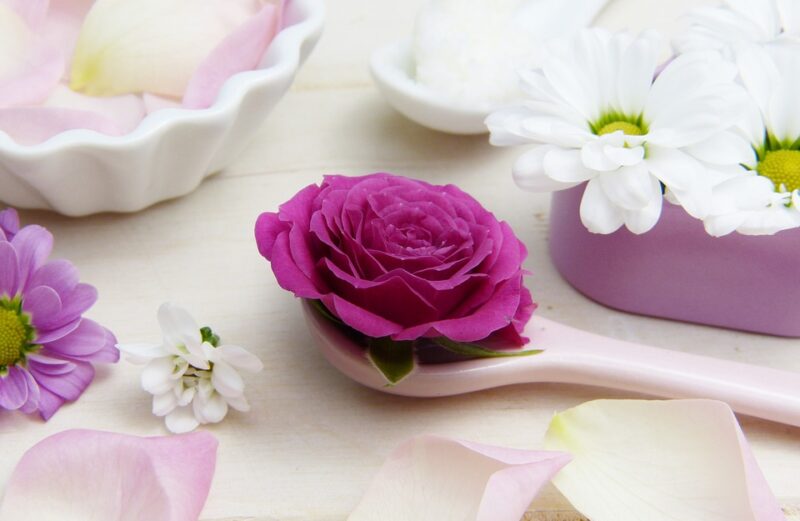Table of Contents
A Natural Approach to Clearing Acne-Prone Skin
Acne is a common skin condition that affects millions of people worldwide. Conventional treatments often involve the use of harsh chemicals and antibiotics, which can have side effects and may not be suitable for everyone. Fortunately, there are natural remedies that can help to treat acne and promote healthy, clear skin. In this article, we will explore some of the most effective natural remedies for treating acne.
Tea Tree Oil
Tea tree oil is a natural antibacterial agent that has been shown to be effective in reducing the severity of acne. It can be used as a spot treatment or added to a cleanser or moisturizer. To use tea tree oil, mix a few drops with a carrier oil such as coconut or olive oil and apply it to the affected area.
Green Clay Mask
Green clay masks have been used for centuries to detoxify and purify the skin. They can be particularly effective in treating acne by drawing out impurities and excess oil from the pores. To make a green clay mask, mix 2 tablespoons of green clay powder with 1 tablespoon of water until you get a smooth paste. Apply the mask to the face and leave it on for 10-15 minutes before rinsing with warm water.
Aloe Vera
Aloe vera has anti-inflammatory and antibacterial properties that can help to soothe and calm the skin. It can be used to treat acne by reducing redness and inflammation. To use aloe vera, apply aloe vera gel directly to the affected area or mix it with a carrier oil and apply it to the face.
Honey
Honey has antibacterial properties that can help to kill bacteria that can cause acne. It can also help to draw out impurities and excess oil from the pores. To use honey, apply a thin layer to the affected area and leave it on for 10-15 minutes before rinsing with warm water.
Probiotics
Probiotics are beneficial bacteria that can help to promote a healthy gut and skin. They can be particularly effective in treating acne by reducing inflammation and improving digestion. To use probiotics, take a probiotic supplement or add probiotic-rich foods such as yogurt and kefir to your diet.
Neem Oil
Neem oil has antibacterial and anti-inflammatory properties that can help to treat acne. It can be used as a spot treatment or added to a cleanser or moisturizer. To use neem oil, mix a few drops with a carrier oil such as coconut or olive oil and apply it to the affected area.
Exfoliation
Exfoliation is an important part of any acne treatment routine. It can help to remove dead skin cells and excess oil from the pores, which can help to reduce the appearance of acne. To exfoliate, use a gentle exfoliating scrub or a chemical exfoliant containing alpha-hydroxy acids (AHAs) or beta-hydroxy acids (BHAs) one to three times a week.
Healthy Diet
A healthy diet can play a significant role in treating acne. Foods that are high in sugar, dairy, and refined carbohydrates can trigger inflammation and increase the risk of developing acne. To promote healthy skin, focus on eating a diet rich in fruits, vegetables, whole grains, and lean protein sources.
Stay Hydrated
Staying hydrated is important for overall health, including skin health. Dehydration can lead to dry, irritated skin that is more prone to acne. To stay hydrated, drink at least eight glasses of water per day and avoid sugary drinks that can exacerbate acne.
Conclusion
Acne is a common skin condition that can be treated with natural remedies. By incorporating tea tree oil, green clay masks, aloe vera, honey, probiotics, neem oil, exfoliation, a healthy diet, and staying hydrated into your daily routine, you can reduce the severity of acne and promote healthy, clear skin. Remember to always patch test new products and ingredients on a small area of skin before using them on your face to ensure that you don’t have any sensitivity or allergic reactions.




